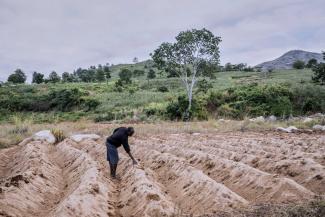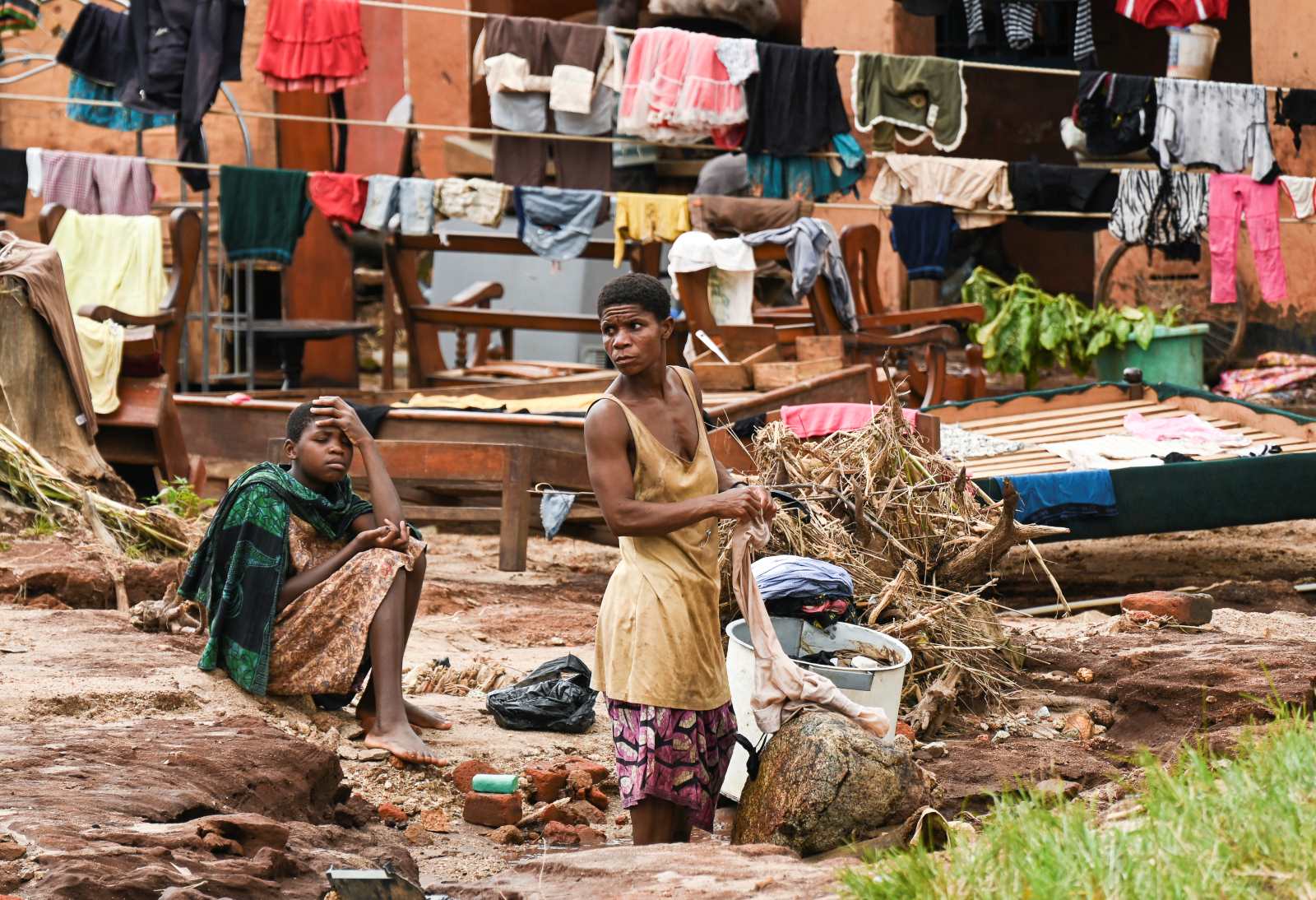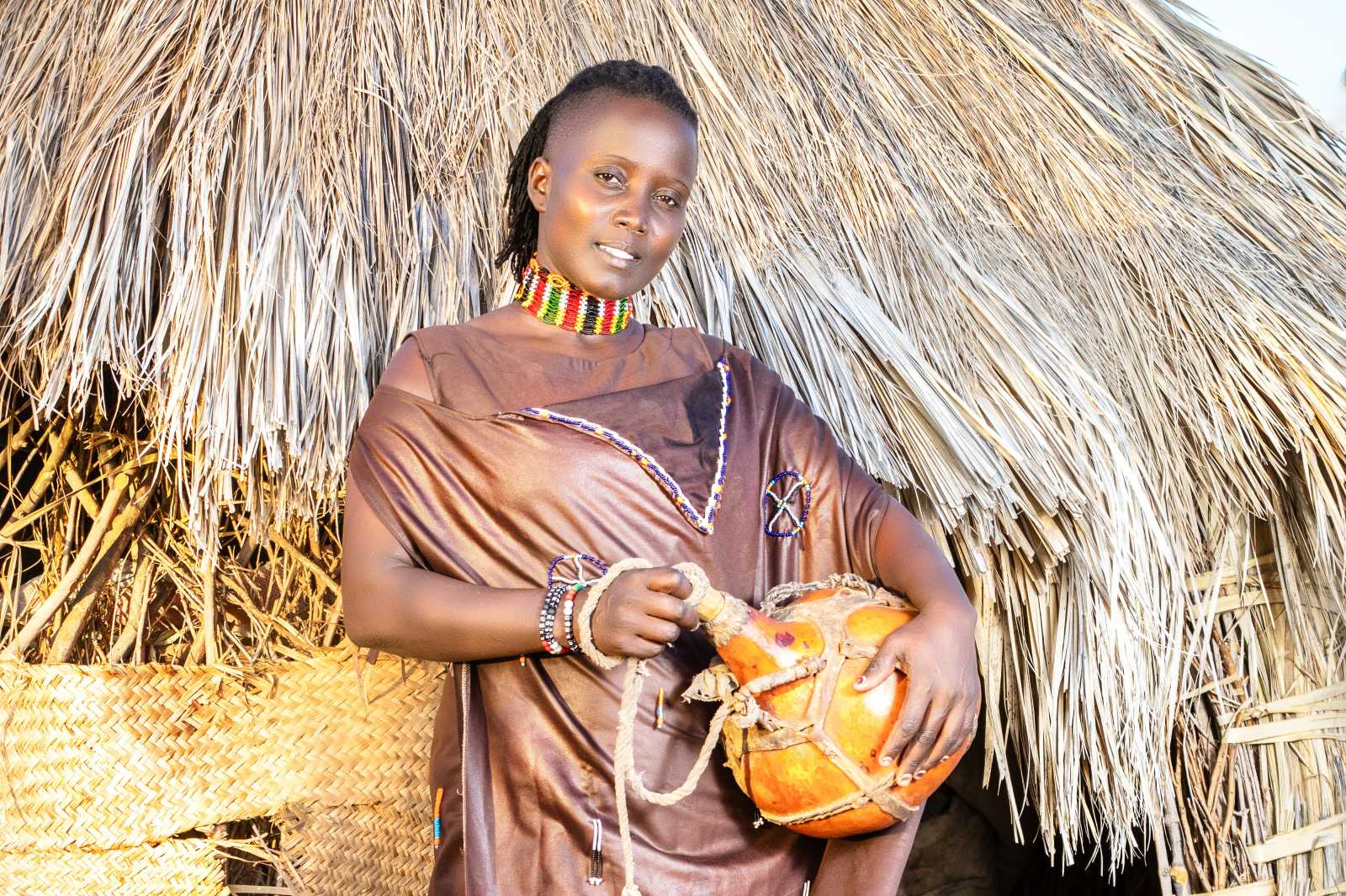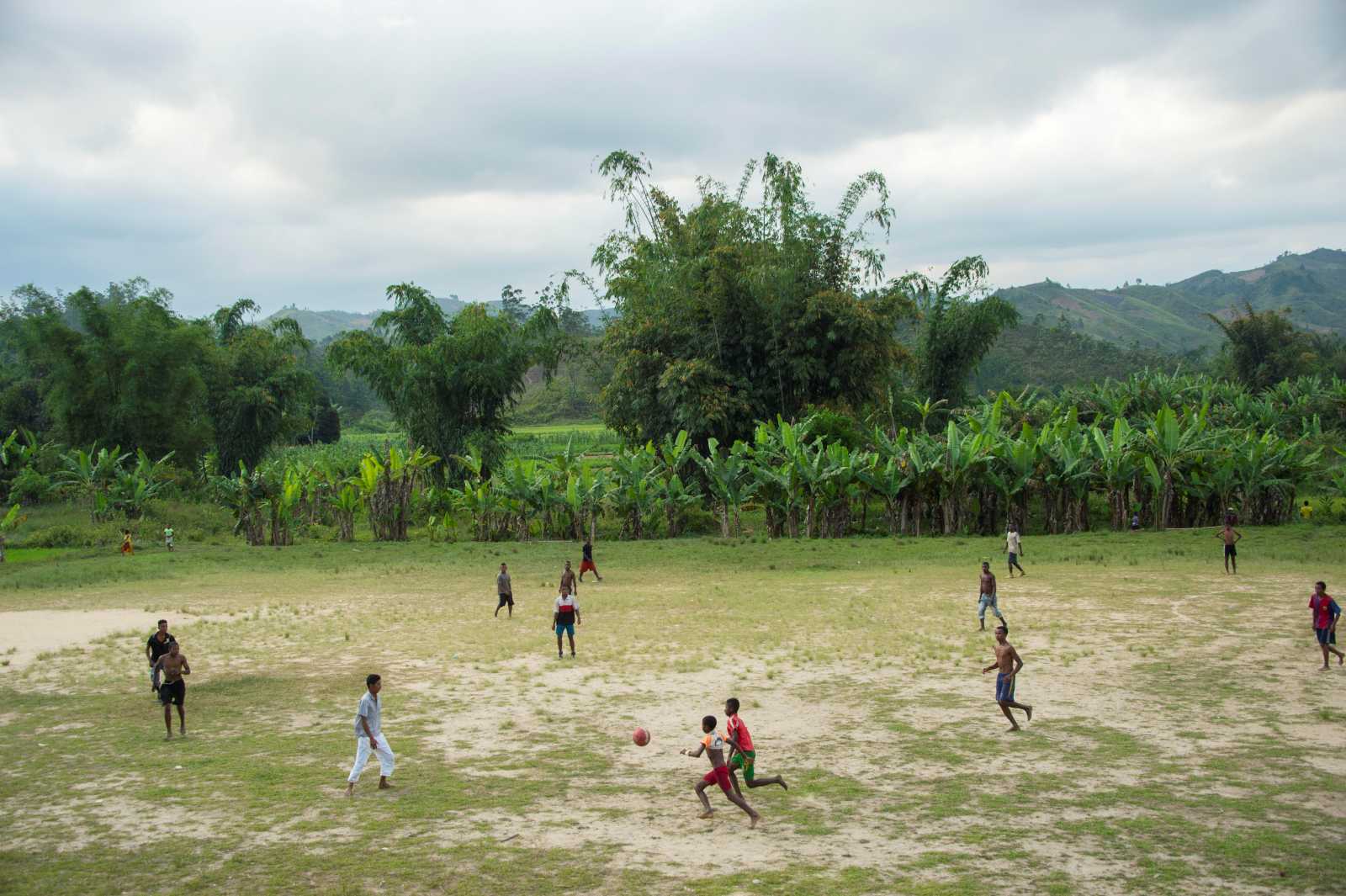Food security
Malawi’s increasingly difficult battle against hunger

Malawi was particularly hard hit by the effects of the El Niño phenomenon. Many of the country’s regions experienced long periods of drought, followed by floods and hailstorms. The consequences are dramatic: in 2024, the maize harvest – Malawi’s staple food – was around 17 % lower than the five-year average. Other crops, such as beans, were also unable to thrive under the adverse conditions.
Last year, the government declared a state of emergency in 23 of Malawi’s 28 districts. The then President Lazarus Chakwera estimated the need for international aid at over $ 200 million. The situation continues to deteriorate, especially in southern regions such as Phalombe, Zomba and Mangochi. However, centrally located districts such as Lilongwe and Mchinji are also reporting an increasing number of emergencies.
According to the Ministry of Agriculture, over 79,000 hectares of farmland have been destroyed by drought, flooding or hail in recent months alone. Nearly 142,000 households have been affected. Last year, the Malawi Vulnerability Assessment Committee (MVAC) warned that up to 5.7 million people could require assistance during the current hunger crisis. This forecast has now been largely confirmed.
Farmers facing ruin
Despair is palpable in many of the affected villages. “The maize looked good at first,” reports village chief M’bwinja from Chimutu near Lilongwe. “But then the drought came. Everything was destroyed. We could hardly afford fertiliser, let alone new seeds.” Tereza Langton, a smallholder from Blantyre, is also facing ruin. “If I can’t harvest anything this year, I won’t even be able to pay my children’s school fees. We are dependent on help.”
International organisations such as the World Food Programme (WFP) and UNICEF are already providing vital aid. However, the funds are insufficient to reach all those affected. Local actors such as CADECOM, the development office of the Catholic Church in Malawi, warn that the situation will continue to worsen without support. They are calling for targeted investments, for example in drought-resistant seeds and improved irrigation systems – as well as in educational opportunities and nutritional aid for children.
The Catholic Church is also actively involved in delivering emergency aid in Malawi. Auxiliary Bishop Vincent Frederick Mwakhwawa is deeply concerned about the impact of the hunger crisis, especially on families in rural areas. “Many people were already struggling before,” he says. “Now they are in danger of losing everything.” He calls for solidarity and support, emphasising how vital it is to provide affected households with seeds and fertiliser so they can continue to use their fields during the winter growing season.
The hunger crisis in Malawi is not an isolated case. It is representative of the increasing vulnerability of many countries to the consequences of climate change, especially in the Global South. When droughts destroy crops, food prices rise – and for many families, their entire livelihoods collapse. The situation also shows how important it is to think beyond emergency aid. Long-term support is needed for climate-friendly agriculture, better prevention structures and social security systems.
Furthermore, the crisis in Malawi is not only a consequence of extreme weather conditions, but also a reflection of profound global social inequalities. It reminds us that global solidarity is needed where people reach their limits through no fault of their own.
Brenard Mwanza is a Malawian communications and media practitioner specialised on storytelling for
social impact.
brennie.m897@gmail.com
Matthias Scharpf is a Bachelor student of International Relations and Management at OTH Regensburg with practical field experience in Malawi, focusing on education and development cooperation.
m.scharpf@liberatingeducation.org
This story is part of The 89 Percent Project, an initiative of the global journalism collaboration Covering Climate Now.


















